Siyavash Shahabi
-
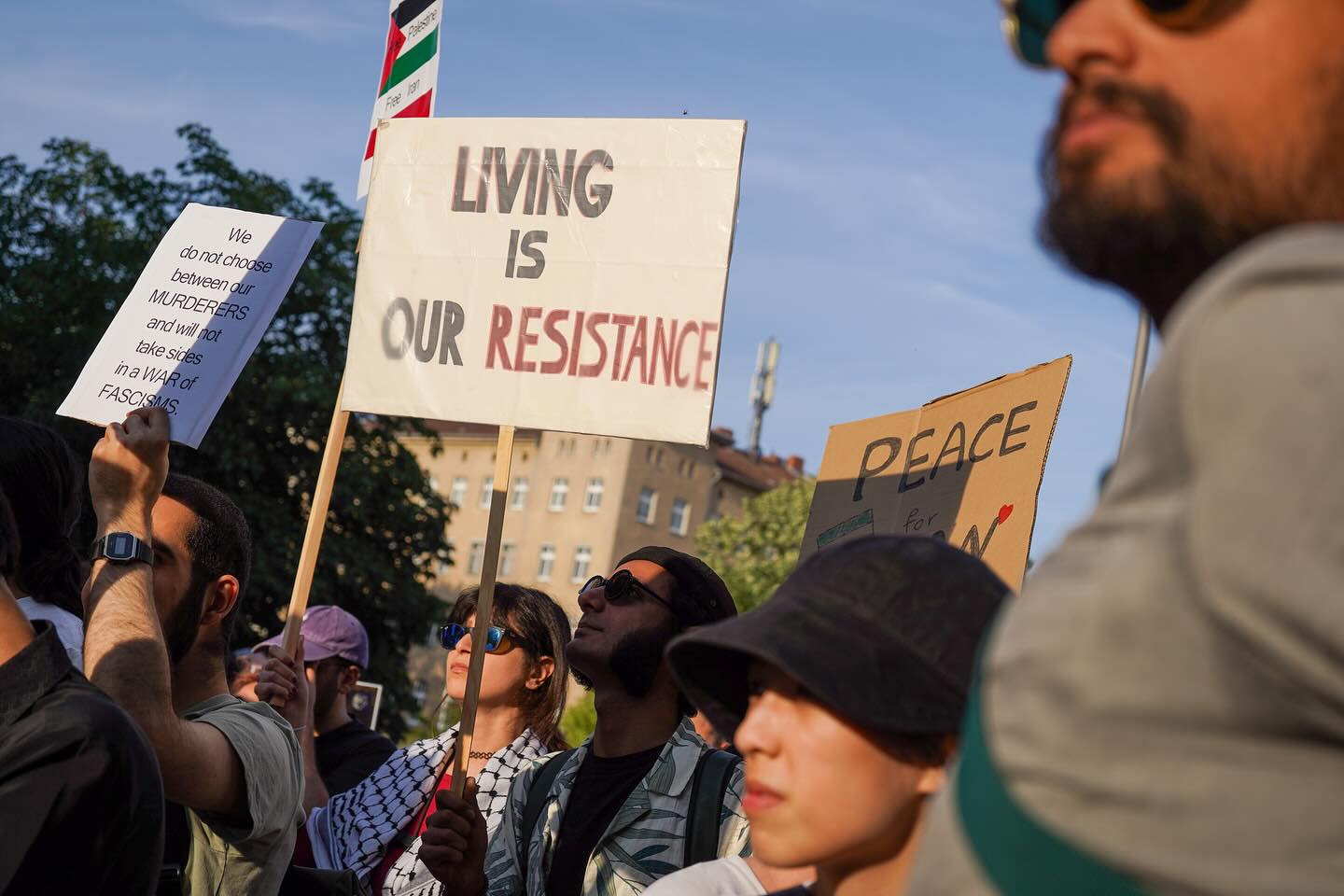
We Are Not Your Martyrs: On Resistance, Racism, and Revolution
•
This morning, as I was going through the news, the images of a protest in front of the University of Tehran caught my attention—slogans full of nationalist passion, and that during the days of Muharram and Ashura! Hadn’t they been telling us for forty years that the entire Islamic worldview,…
-
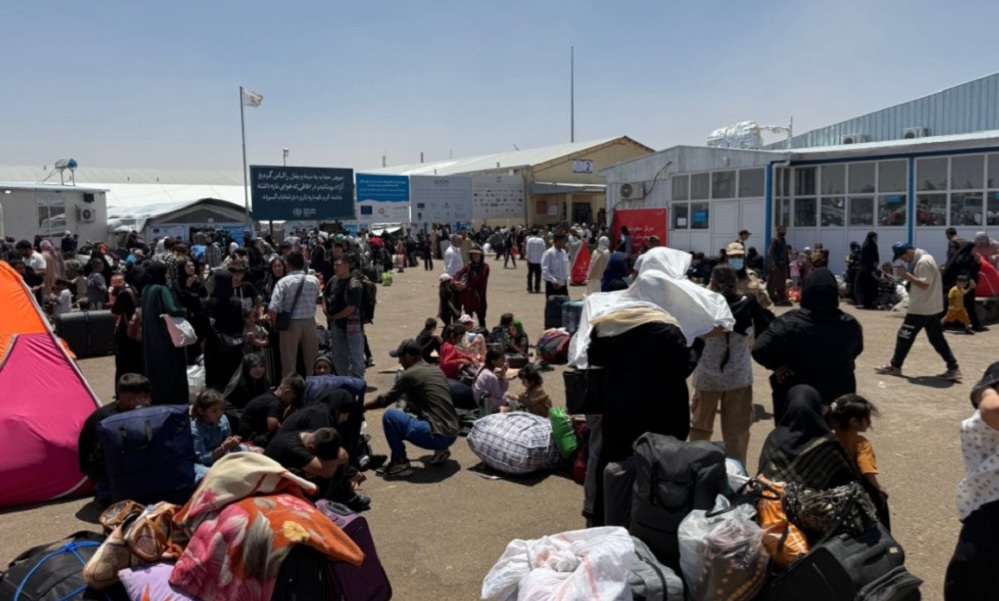
Iranian Labour Unions Condemn Mass Deportation of Afghan Migrants
•
Two Iranian labour organizations have condemned the mass deportation of Afghan migrants as “organized inhumanity” and “a political cover-up” for the Islamic Republic’s domestic and regional failures. According to official figures, more than 380,000 Afghan nationals have been expelled from Iran in a short period, mostly through the Dogharoun border…
-
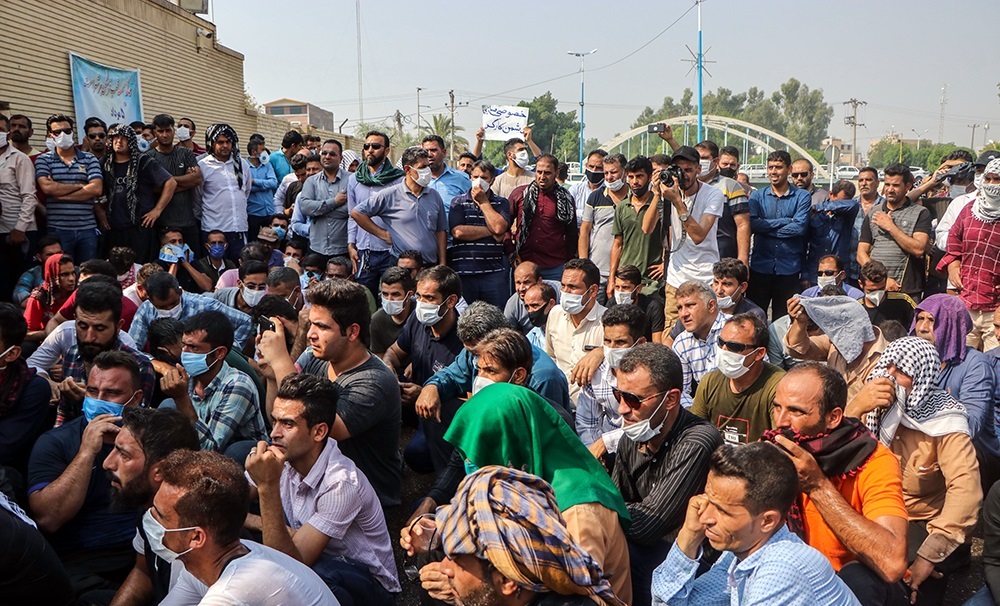
How Iran’s Working Class Fights to Survive: A Political Explanation
•
Kazem Farajollahi’s article, is a powerful and detailed explanation of the struggles that Iranian workers face today. It was published on International Workers’ Day, a date that has special meaning for labor movements around the world. The article begins with a dedication to two women workers, Reyhaneh and Sharifeh, who,…
-
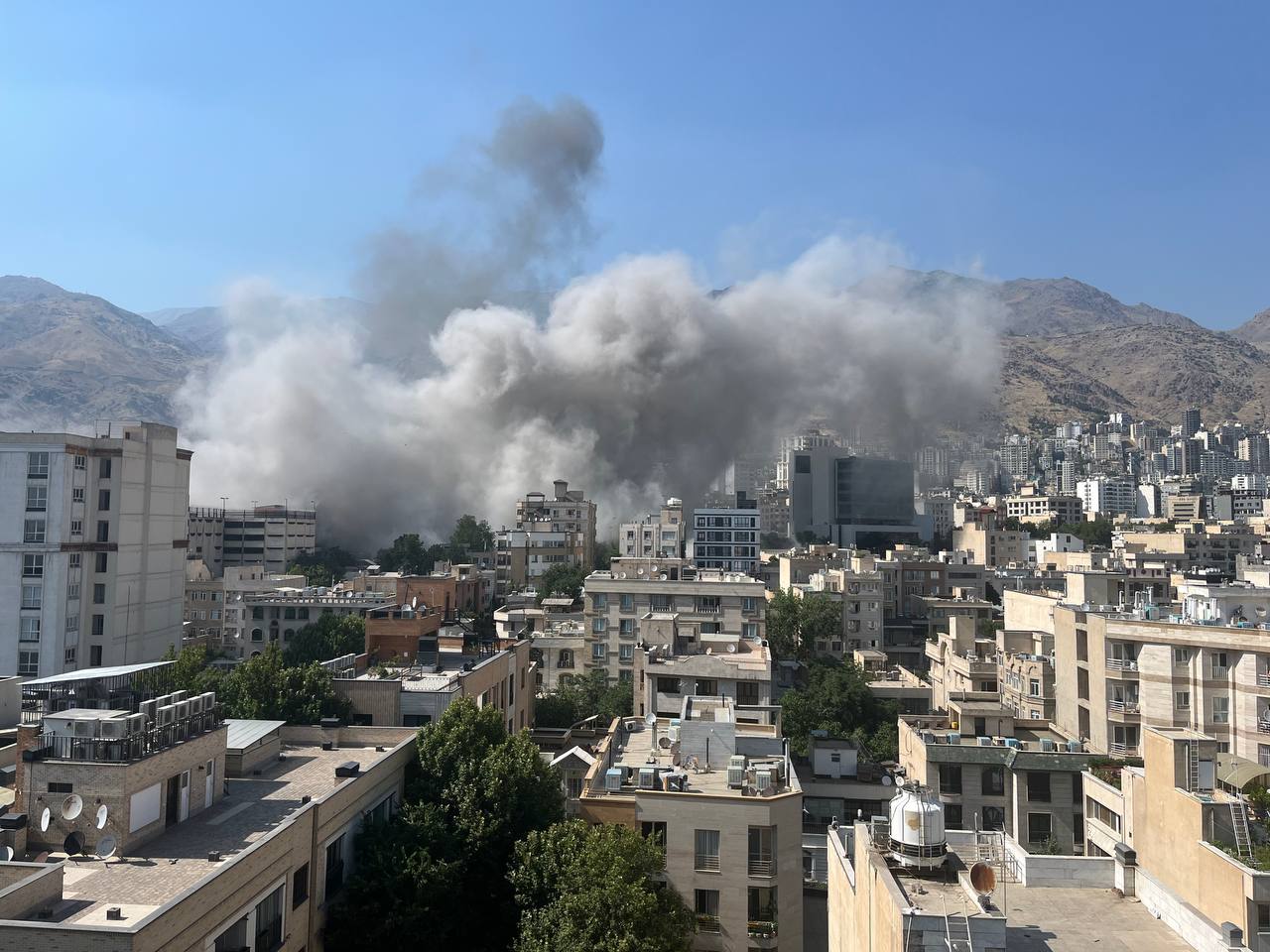
After the Ceasefire: A New War Inside Iran
•
In the early hours of Tuesday, June 24, 2025, after twelve days of intense fighting between Iran and Israel, a ceasefire was announced—first by Iran, and then officially accepted by Israel a few hours later, putting an end to this round of military conflict. But while the missiles and bombs…
-
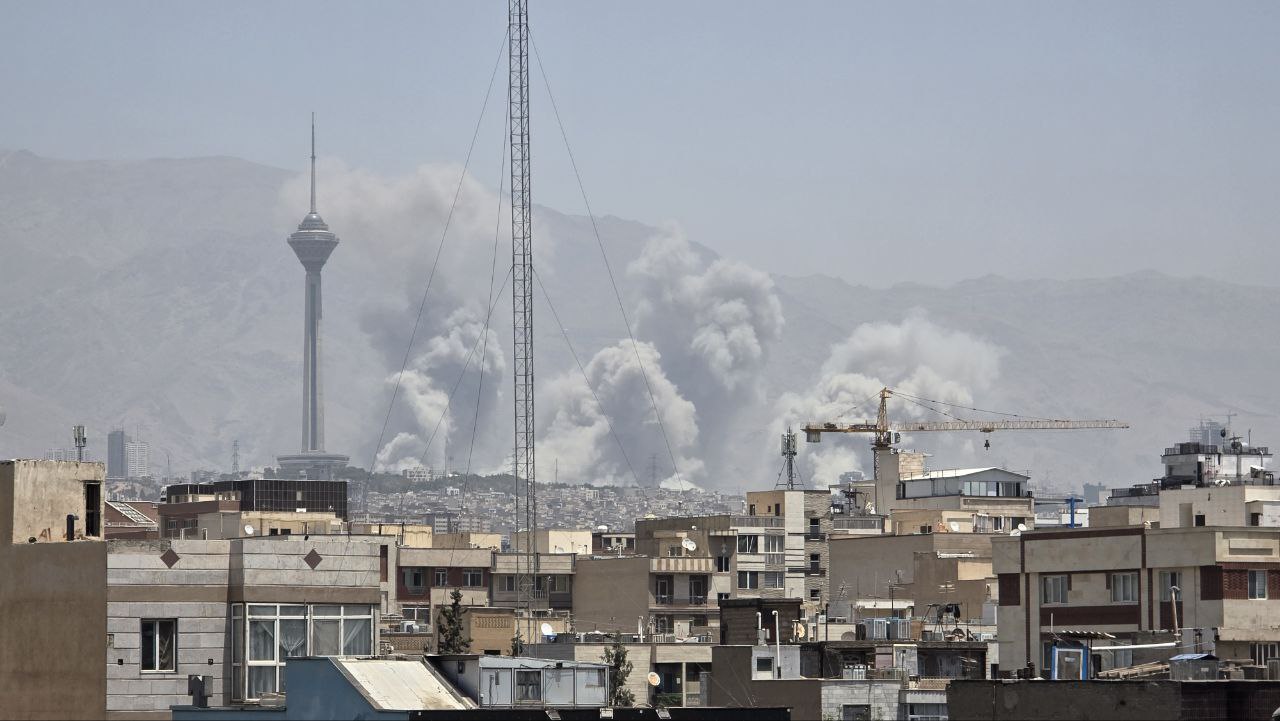
“What’s Happening in Iran?” A Question with No Easy Answer
•
One of my friends asked me, “What’s happening in Iran?” It was a simple question, but answering it has become not only difficult, but terrifying. In a country struck by both repression and missiles, it’s not just the roofs that collapse—language has collapsed too. People are trapped under rubble, but…
-
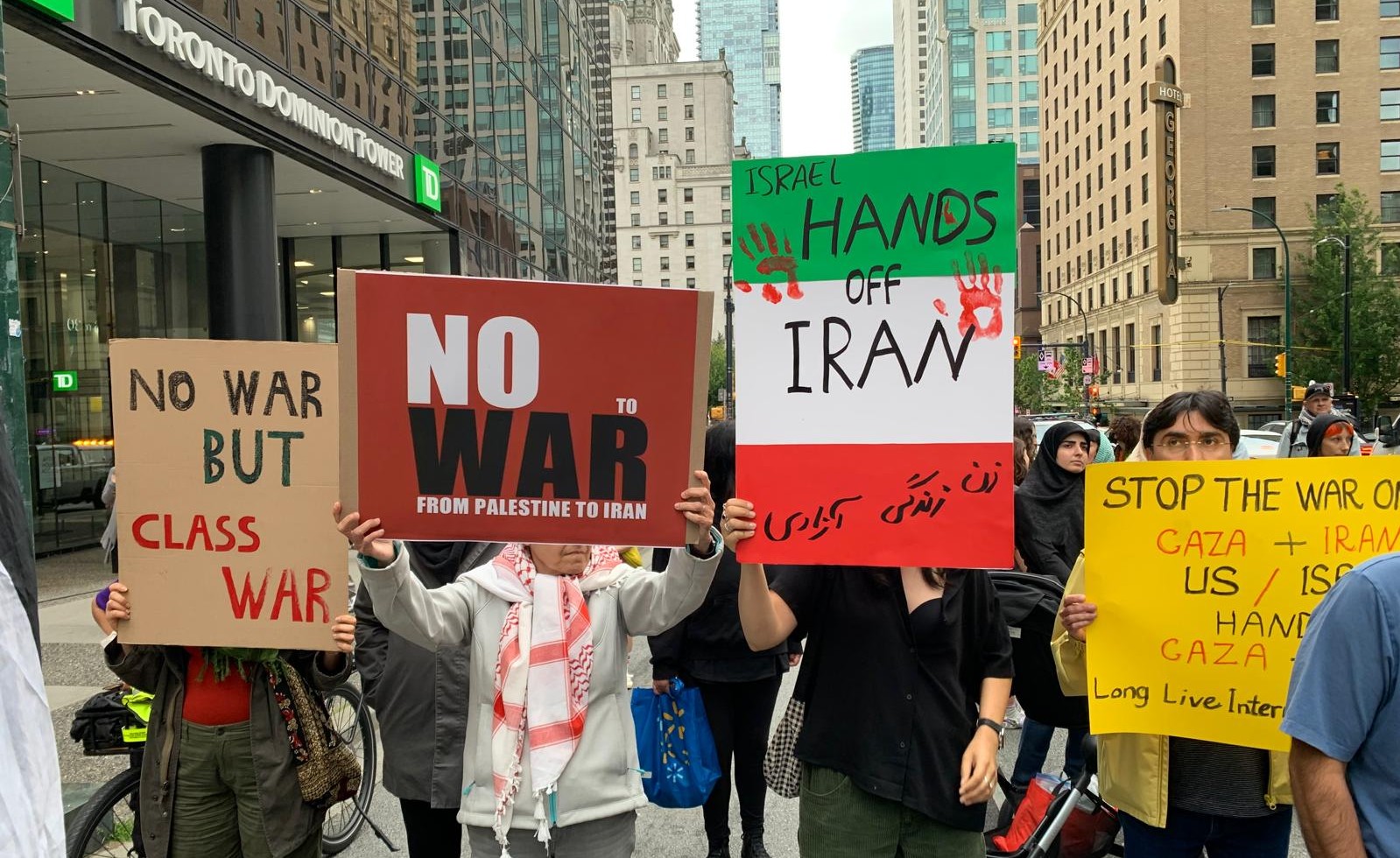
From Below: Iranian Civil Society Against War and Tyranny
•
In the shadow of sirens and smoke, where Tehran’s skyline is once again marked by fire and fear, a different kind of voice is emerging from within Iran—one that rejects both the bombs falling from foreign skies and the violence of the regime that claims to defend the homeland. While…
-
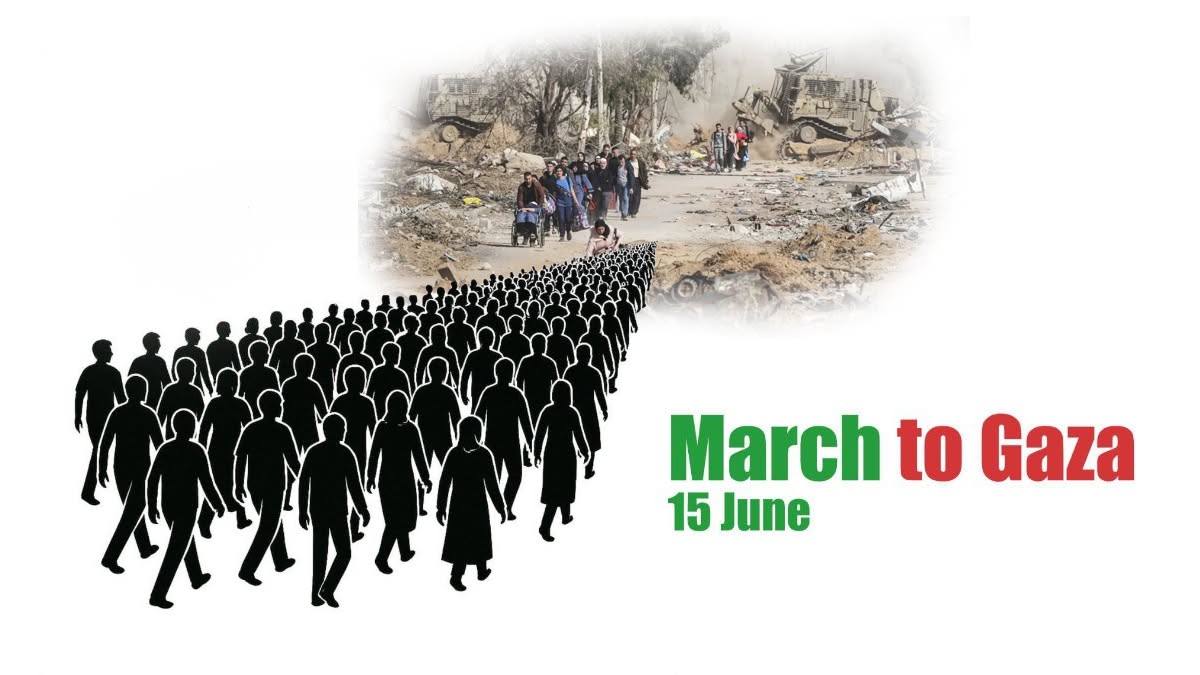
Iranian Activists Support the Global ‘March to Gaza’
•
Dozens of independent Iranian activists—including workers, teachers, political prisoners, environmentalists, and children’s rights defenders—have released an open letter supporting the global “March to Gaza.” Many of these signatories are currently imprisoned in Iran for their peaceful activism. Their statement is both a condemnation of Israel’s war on Gaza and a…
-
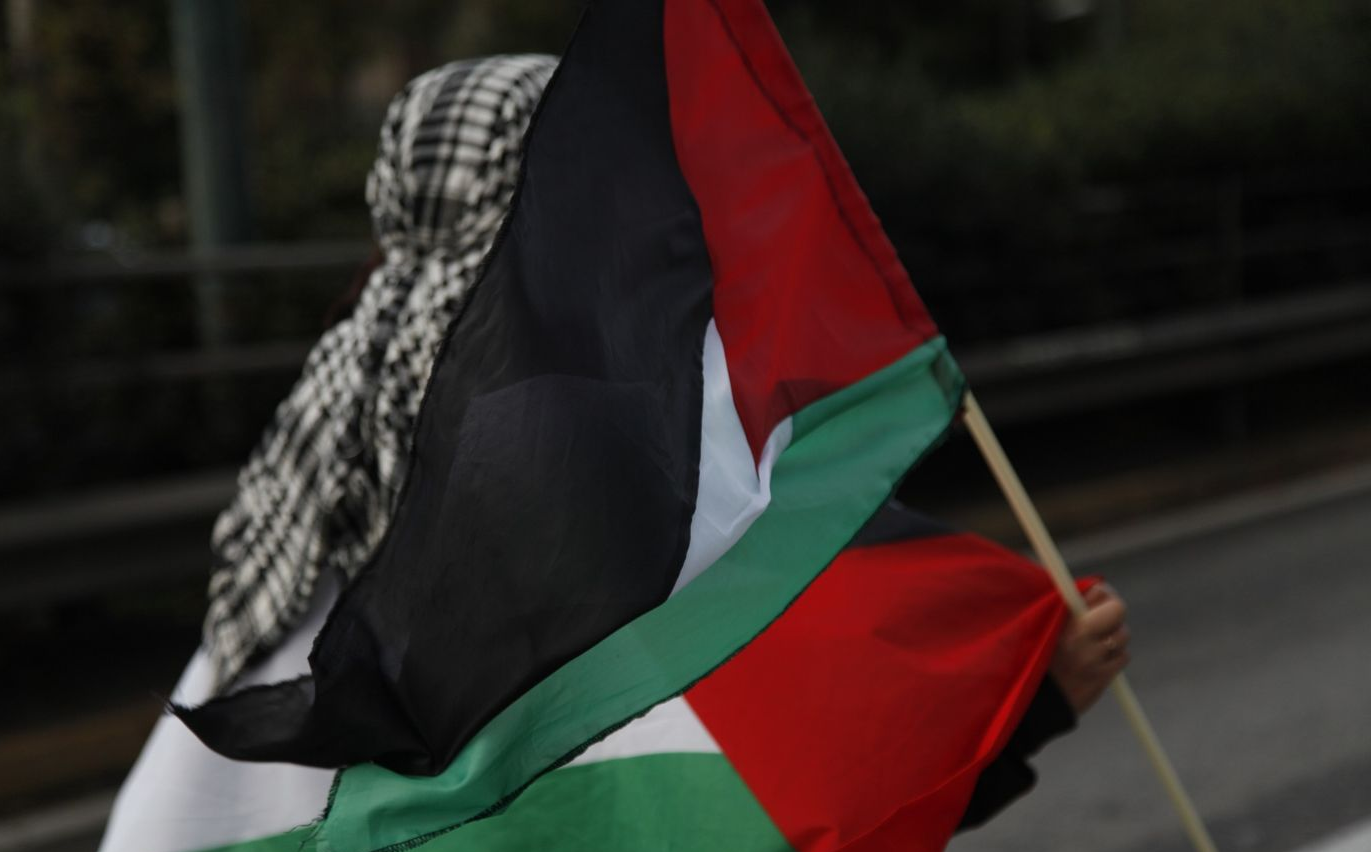
Palestine Between Propaganda and Betrayal
•
As expected, the IAEA has finally issued its resolution against Iran. Now, the case will likely be reviewed by the UN Security Council. In response, the Islamic regime quickly claimed it would build a new enrichment facility in a “more secure” location! But that means it would take at least…
-
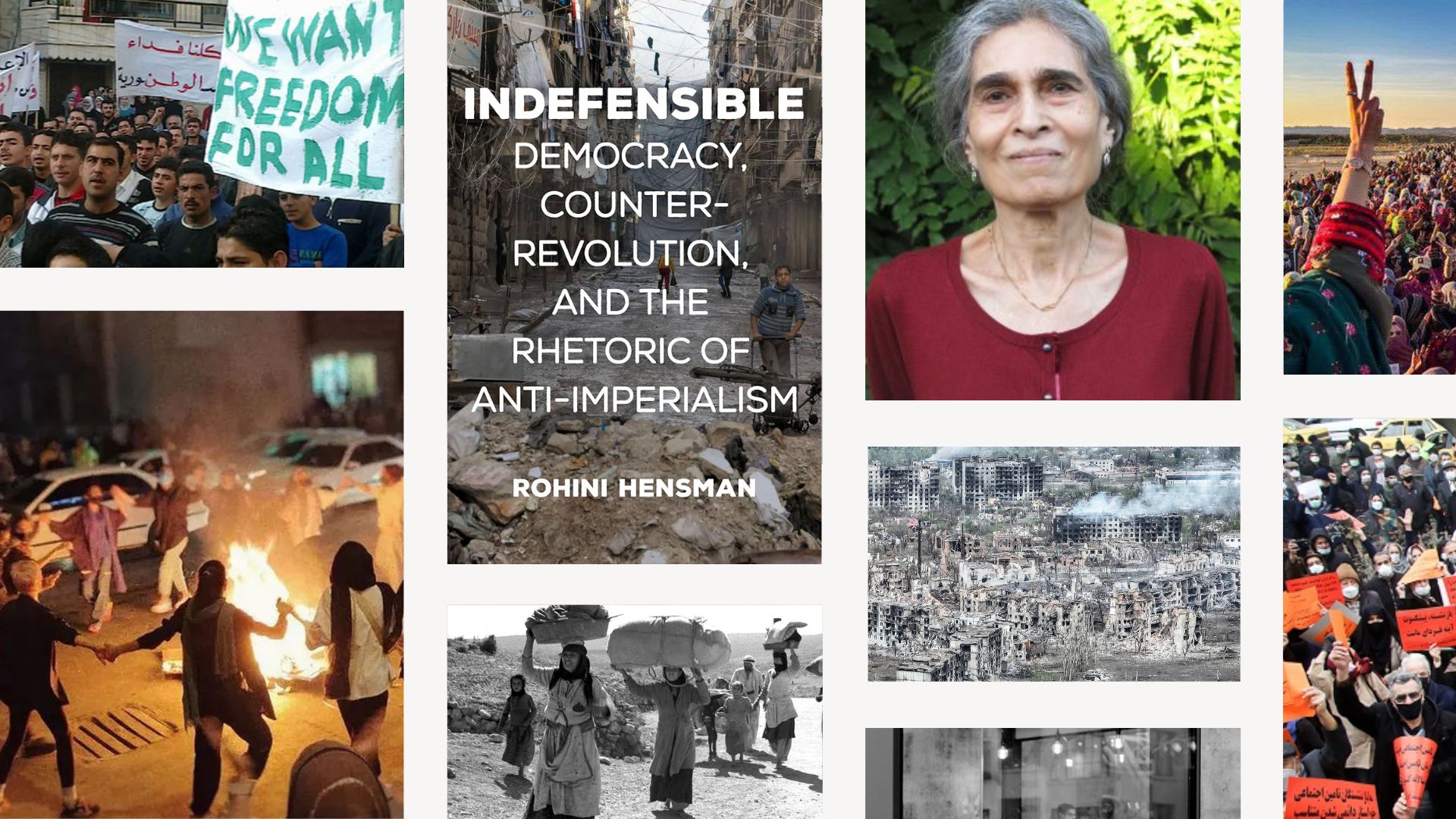
The People First: Rohini Hensman on Democracy, Resistance, and the Global Left
•
There are moments when political confusion doesn’t just disorient you—it makes you feel betrayed. As an Iranian writer and activist in exile, I have spent years trying to understand not only the regime I escaped, but also the silences and excuses that surround it. I have watched with disbelief as…
-
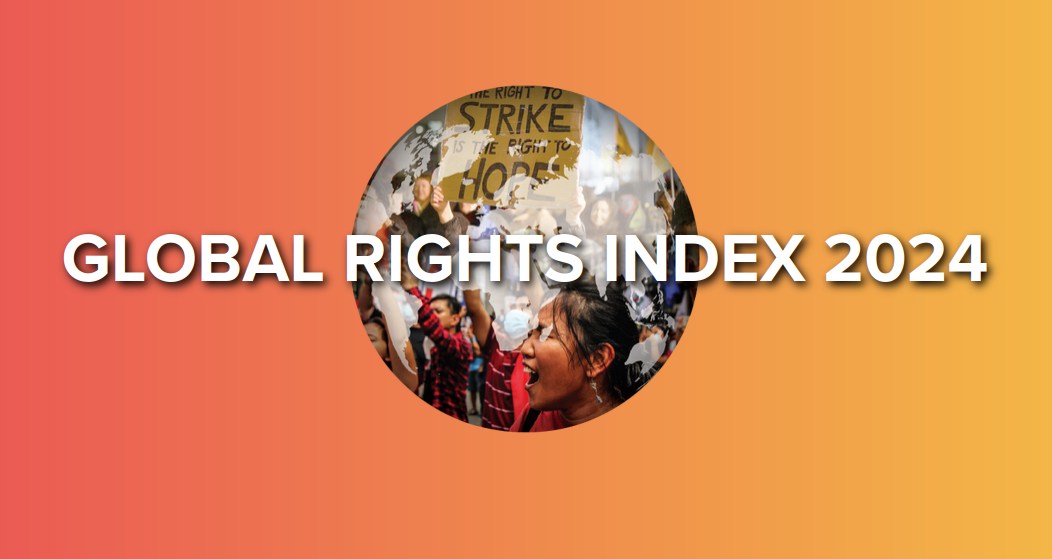
2024: The Year of Gradual Collapse of Labor Rights
•
In a year when nearly half of the world’s population is expected to vote, the International Trade Union Confederation (ITUC) has released a report that goes beyond just another annual overview of labor conditions. The 2024 Global Rights Index doesn’t just map how labor rights are respected or violated in…
-
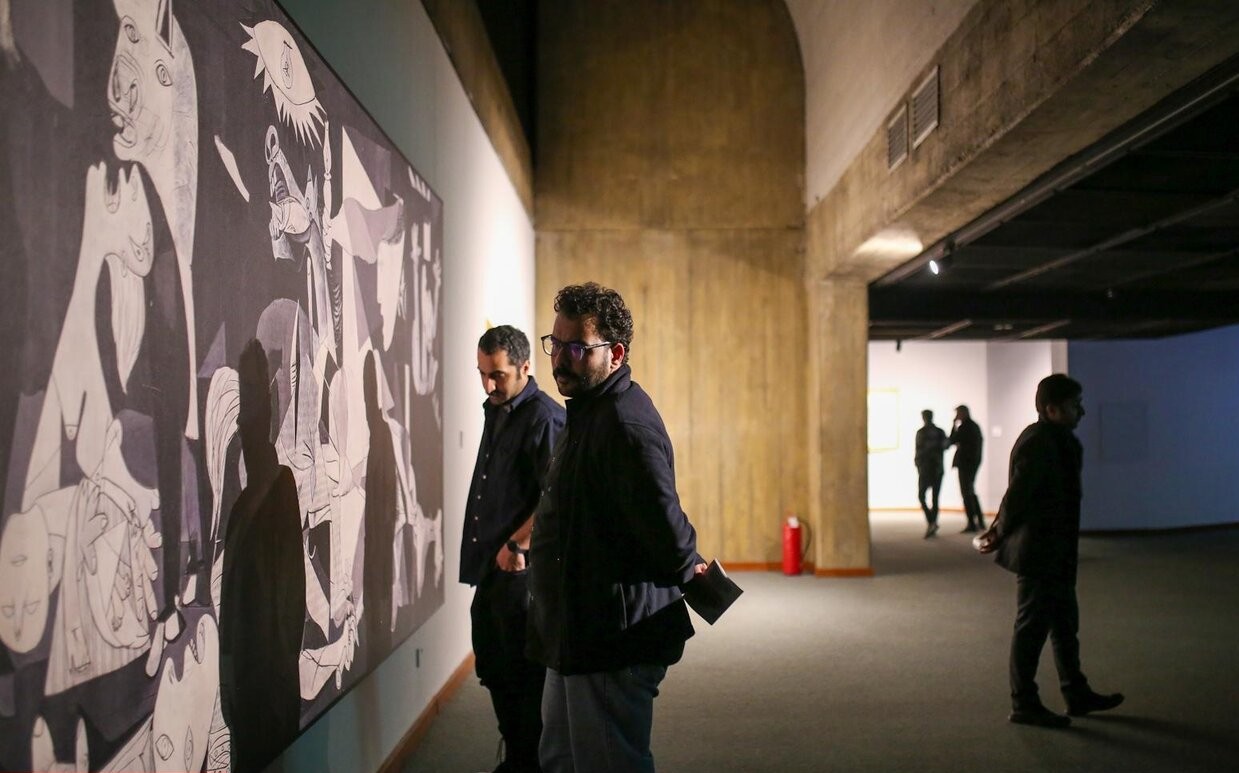
Guernica in Tehran: From Anti-War Icon to Tool of Hypocrisy
•
In a time when the world is blurred by the smoke and fire of wars, the exhibition of one of the most famous anti-war paintings of the 20th century—Guernica by Pablo Picasso—in Tehran is not just ironic; it’s a symbolic disaster. Guernica was created in memory of the brutal bombing…
-
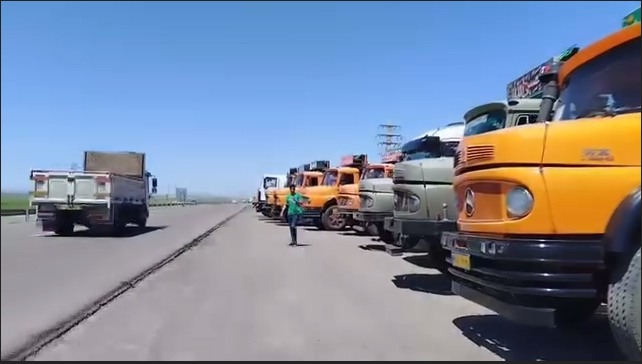
Iran’s Truck Drivers Strike Over Fuel, Pay, and Corruption
•
Since 18 May 2025, truck drivers across Iran have turned off their engines — not out of road fatigue, but out of deep frustration with broken promises, rising costs, and an economy shaped by corruption and neglect. What started in the southern port of Bandar Abbas quickly spread to more…



